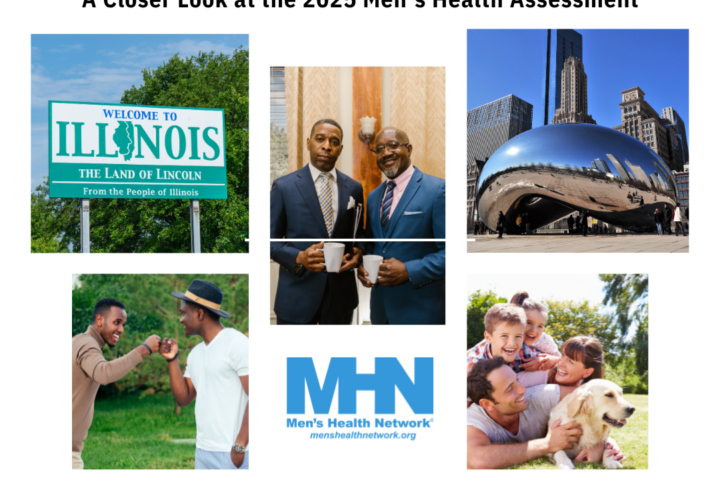Last week, I attended a timely briefing on Capitol Hill about the ongoing opioid crisis in the United States. The briefing was hosted by Air Conditioning Contractors of America’s (ACCA) partners at the Men’s Health Network, Congressman Donald Payne, Jr. (D-NJ) and Congressman Markwayne Mullin (R-OK), who is a former HVAC contractor.
It is great that former HVAC contractor Congressman Mullin is taking a leadership role on this. He understands exactly what contractors across the country are experiencing.
ACCA attended this important briefing because we’ve learned from several HVAC contractors that the drug crisis has contributed to the workforce problems that contractors are already dealing with. This issue came up several times when ACCA’s Board of Directors visited their Senators and Representatives in October.
The opioid crisis is probably worse than you think. More than 1,000 people are treated for overdoses every day. In 2016, 42,000 people died from overdoses. In 2014, nearly 2,000,000 Americans abused opioids or were dependent on them. 25 percent of those who receive long-term prescriptions will struggle with addiction. While this issue is still primarily impacting males, the gap between males and females is closing quickly.
Our goal is to help contractors manage this problem by knowing what to look for when interviewing new staff. Additionally, contractors should remember that working in the HVAC industry is a physically demanding job, which can lead to chronic pains. It is important to be attentive to your staff who may be experiencing problems that lead to drug abuse.
Some of the physical signs of opioid abuse include uncharacteristic happiness or abnormal drowsiness. Often, people who are addicted will be confused, have dramatic changes in mood, or show signs of social withdrawal and isolation. They may also show signs of fatigue, occasionally dose off unexpectedly, experience heavy sweating, have constricted pupils, feel nauseous, have needle marks on their arms, and suffer from flushed or itchy skin.
You should also pay close attention to anyone who you suspect of doctor shopping, sharing information about their financial problems, or an abnormal about of pill bottles on hand or in their work vehicles.
Recognizing signs of abuse and addiction can be a challenge, but it could also mean saving someone’s life if you believe they are suffering. ACCA’s partners at the Men’s Health Network recommend that contractors seek immediate advice from trained professionals if you suspect someone is abusing or addicted to painkillers and opioids. You can also call the Substance Abuse and Mental Health Services Administration National Helpline at 1-800-662-HELP (4357).
This 24-hour-a-day helpline provides referrals to local treatment facilities, support groups, and community-based organizations. It also provides callers with free publications that you can distribute to your employees.
Take care of yourself and your employees. Call or e-mail if you need any information about ACCA’s partnership with the Men’s Health Network. You can also visit https://www.menshealthnetwork.org/ to learn more about what our partners at the Men’s Health Network do.



